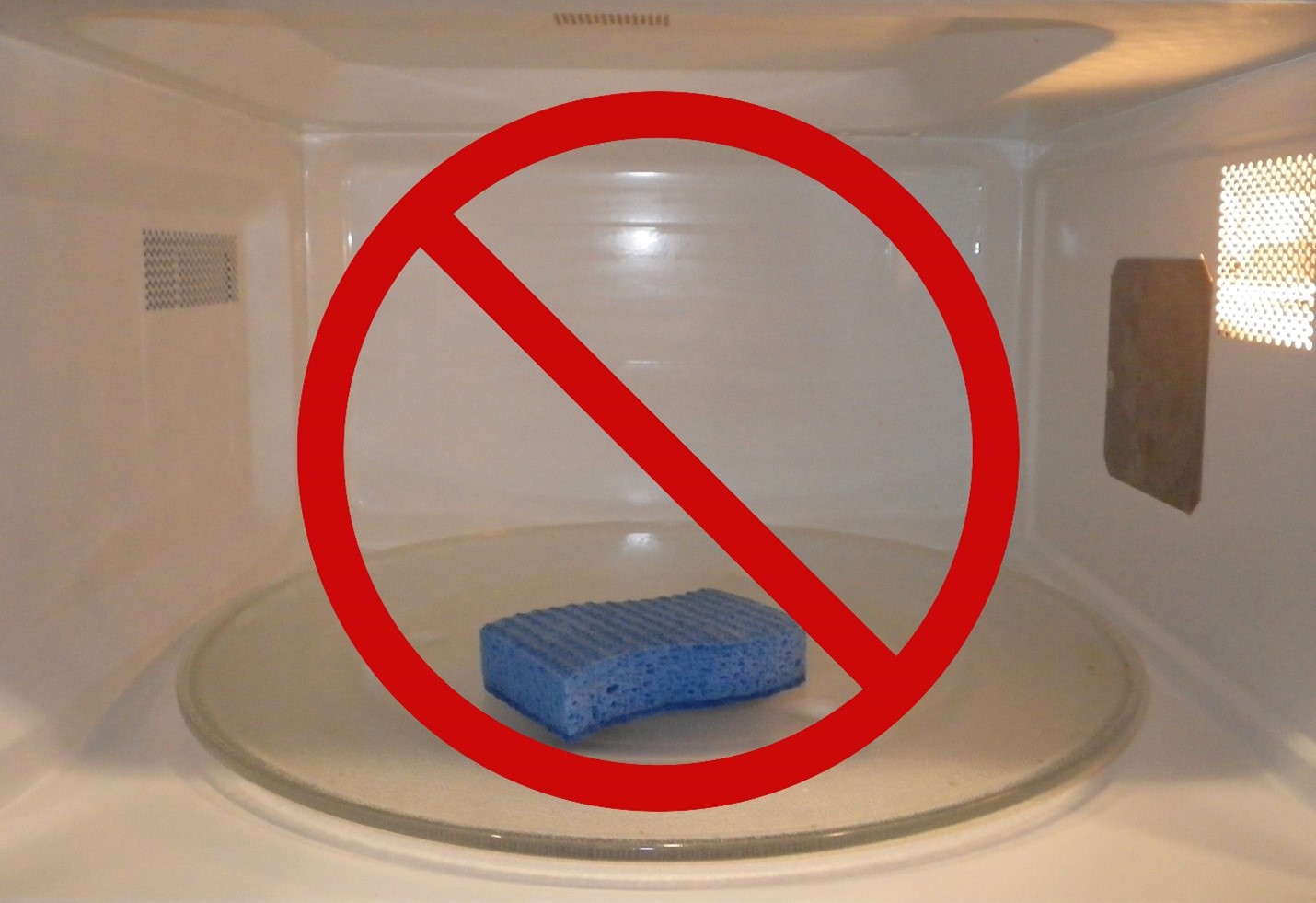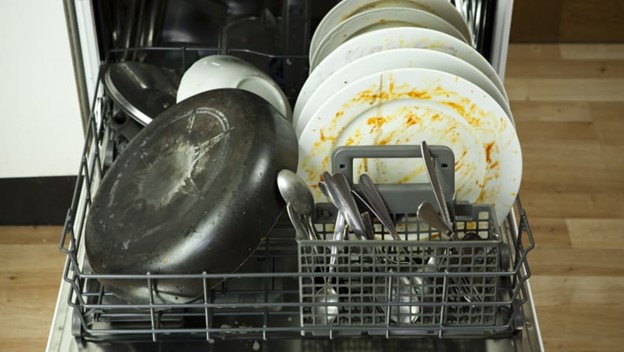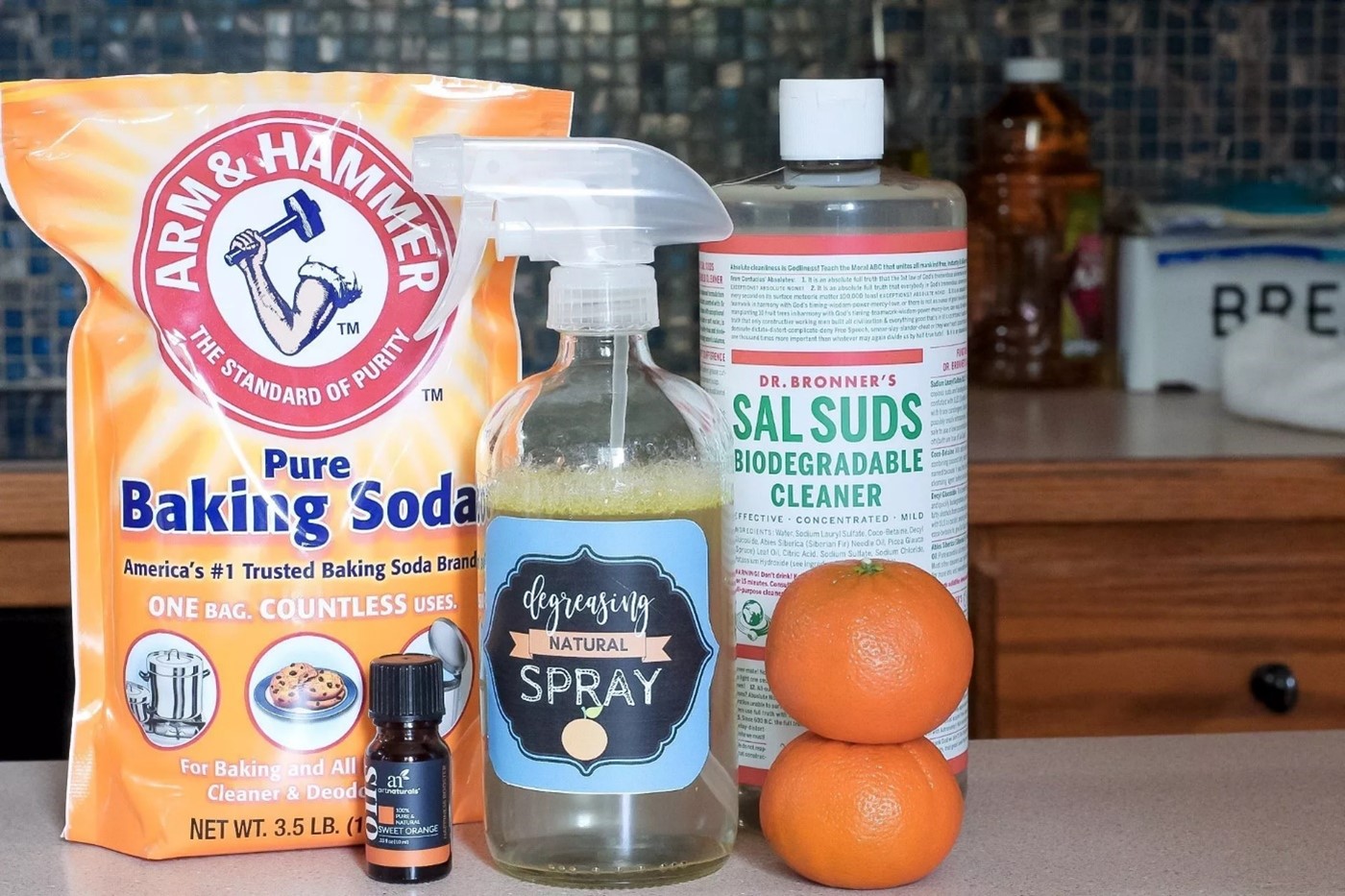Well Researched Advice for Cleaning the Kitchen
Cleaning methods are as personal as how we raise our children. I’ve learned the hard way not to throw my opinion around. But there are a few DOs and DON’Ts that are just solid truth—not up for debate. For instance, however you clean, you want to do it right and use your time efficiently.

The researchers at www.southernliving.com share some insight on this do-it-right and do-it-efficiently approach. Here’s what they have to say about how to have a gleaming, sanitized kitchen in the shortest amount of time.
Their first piece of advice is “Don’t clean your sponge!” While sponges are a versatile cleaning tool, you want to the right one for the right job—the key step in sponge smarts. The other key step in sponge smarts is knowing when to toss it. A dirty sponge (or cloth) will just spread bacteria.

Studies show, by the way, that there's no point in trying to sanitize a sponge in the dishwasher or the microwave. Instead, ONLY use sponges for washing dishes. For everyday wiping down, use cloths (and toss them in the wash daily).
This next instruction may rock your world: “Don't thoroughly rinse your dishes before putting them in the dishwasher.” Whoa! A cleaning tip that actually encourages less cleaning! Despite what you may have learned as a child, don't rinse every speck of food off of your plates before loading them in the dishwasher. Thanks to advances in technology, modern dishwashers work better when you skip that step entirely.
Pros say this is because spotless dishes trigger your dishwasher to run a shorter cycle (that may not leave you with the sparkling-clean results you crave). Researchers also say that rinsing beforehand wastes an estimated 6,000 gallons of water a year!

Another important bit of advice is “Don't Skip the Degreaser!” So much of meal-making involves fat (frying chicken, making hush puppies, baking with butter, etc.), and besides spits and spatters that land on surfaces, fat molecules immerse in the air and land everywhere. This is why cupboard doors and drawer surfaces get so unsightly and sticky. To stay ahead of the grime, regularly degrease after cooking. Here’s where a “stitch (or in this case swipe) in time saves nine.”
There are lots of commercially-made degreasers available, but you can get the same or better results from chemical-free, natural cleaners. For instance:

While cleaning methods are as personal as how we raise our children, it can’t hurt to listen to those who know more than we do. Well researched advice for cleaning the kitchen is a case in point. I don’t mean to throw my opinion around, but it just seems smart to do it right and use our time efficiently!
blog comments powered by Disqus

The researchers at www.southernliving.com share some insight on this do-it-right and do-it-efficiently approach. Here’s what they have to say about how to have a gleaming, sanitized kitchen in the shortest amount of time.
Their first piece of advice is “Don’t clean your sponge!” While sponges are a versatile cleaning tool, you want to the right one for the right job—the key step in sponge smarts. The other key step in sponge smarts is knowing when to toss it. A dirty sponge (or cloth) will just spread bacteria.

Studies show, by the way, that there's no point in trying to sanitize a sponge in the dishwasher or the microwave. Instead, ONLY use sponges for washing dishes. For everyday wiping down, use cloths (and toss them in the wash daily).
This next instruction may rock your world: “Don't thoroughly rinse your dishes before putting them in the dishwasher.” Whoa! A cleaning tip that actually encourages less cleaning! Despite what you may have learned as a child, don't rinse every speck of food off of your plates before loading them in the dishwasher. Thanks to advances in technology, modern dishwashers work better when you skip that step entirely.
Pros say this is because spotless dishes trigger your dishwasher to run a shorter cycle (that may not leave you with the sparkling-clean results you crave). Researchers also say that rinsing beforehand wastes an estimated 6,000 gallons of water a year!

Another important bit of advice is “Don't Skip the Degreaser!” So much of meal-making involves fat (frying chicken, making hush puppies, baking with butter, etc.), and besides spits and spatters that land on surfaces, fat molecules immerse in the air and land everywhere. This is why cupboard doors and drawer surfaces get so unsightly and sticky. To stay ahead of the grime, regularly degrease after cooking. Here’s where a “stitch (or in this case swipe) in time saves nine.”
There are lots of commercially-made degreasers available, but you can get the same or better results from chemical-free, natural cleaners. For instance:

- Lemon (or other citrus) essential oil (anti-bacterial, anti-fungal, anti-viral, and it smells lovely)
- Citric acid (tough on mold, mildew, bacteria; mix 2½ teaspoons per cup of water)
- Baking soda (mild abrasive, stain remover, odor absorbent)
- Vinegar (acetic acid; can slough away dirt, grease, and mineral deposits
- Dr. Bronner’s castile soap cleaners
While cleaning methods are as personal as how we raise our children, it can’t hurt to listen to those who know more than we do. Well researched advice for cleaning the kitchen is a case in point. I don’t mean to throw my opinion around, but it just seems smart to do it right and use our time efficiently!
 Alice Osborne
Alice Osborne
Weekly Newsletter Contributor since 2006
Email the author! alice@dvo.com
Sources:
- www.fineartamerica.com
- www.nutritioneducationstore.com
- www.reviewed.usatoday.com
- www.stayathomemother.com
